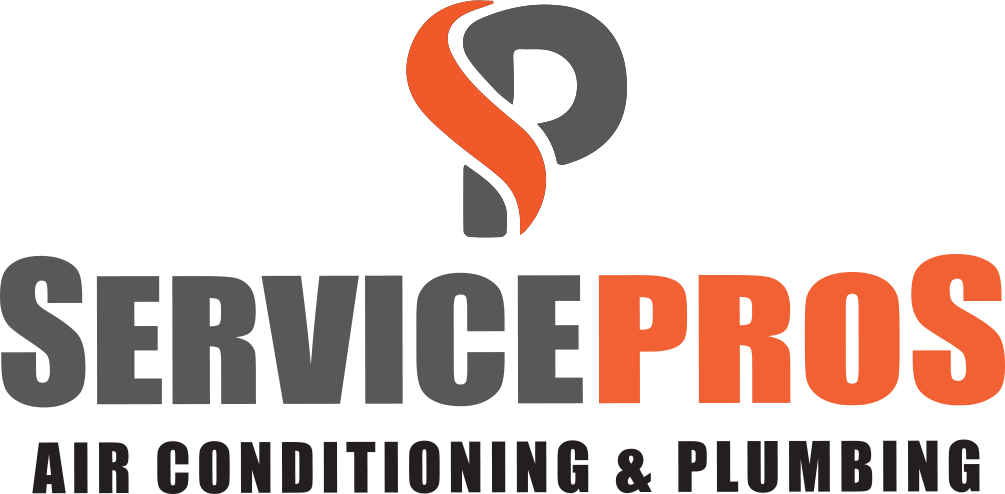Choose an Energy-Efficient Air Conditioner
When purchasing or upgrading your air conditioning system, prioritize energy efficiency. Look for units with a high Seasonal Energy Efficiency Ratio (SEER) rating, which indicates the cooling output relative to energy input. ENERGY STAR certified models are an excellent choice as they meet strict efficiency standards.
Regular Maintenance and Cleaning
Proper maintenance and regular cleaning of your air conditioning system are essential for optimal performance. Dirty filters, clogged coils, and blocked vents can reduce airflow, making your system work harder and consume more energy. Replace or clean air filters every one to three months, clean the evaporator and condenser coils annually, and ensure that vents are free from obstructions. Consider scheduling professional maintenance visits to identify and address any potential issues promptly.
Utilize Programmable Thermostats
Programmable thermostats allow you to adjust the temperature settings based on your needs throughout the day. By programming higher temperatures when you're away or sleeping, you can significantly reduce energy consumption. Aim for a temperature difference of 7-10 degrees Fahrenheit between your regular setting and the energy-saving setting. Modern smart thermostats offer additional features like remote control and learning algorithms that adapt to your preferences, further optimizing energy efficiency.
Optimize Cooling and Ventilation
Simple adjustments to your cooling and ventilation practices can make a notable difference in energy efficiency. Keep windows and doors closed while the air conditioner is running to prevent cool air from escaping. Utilize ceiling fans to improve air circulation, allowing you to set the thermostat a few degrees higher without compromising comfort. Use shades, blinds, or curtains to block direct sunlight during the hottest parts of the day.
Seal and Insulate Your Home
Proper insulation and sealing can significantly reduce the workload on your air conditioning system. Insulate walls, ceilings, and attics to prevent heat transfer between indoor and outdoor spaces. Seal any gaps or cracks in windows, doors, and ductwork to minimize air leaks. This ensures that cooled air remains inside and prevents warm air from infiltrating your home, making your air conditioner more efficient.
Reduce Internal Heat Generation
Internal heat sources, such as appliances and lighting, can contribute to the overall heat load on your air conditioning system. Consider switching to energy-efficient appliances and replacing incandescent bulbs with LED lights. Additionally, avoid using heat-generating appliances during the hottest parts of the day, or consider using them in conjunction with ventilation fans to expel excess heat.
Maximizing energy efficiency with your air conditioning system is not only beneficial for the environment but also for your wallet. By following the tips outlined in this blog, you can significantly reduce your energy consumption and carbon footprint while maintaining a comfortable indoor environment. Small changes in your habits and practices can lead to significant energy savings and a greener future.
Remember, Service Pros is here to help you with all your HVAC needs. Contact us today for expert advice and professional services to ensure your AC system operates efficiently for years to come.
